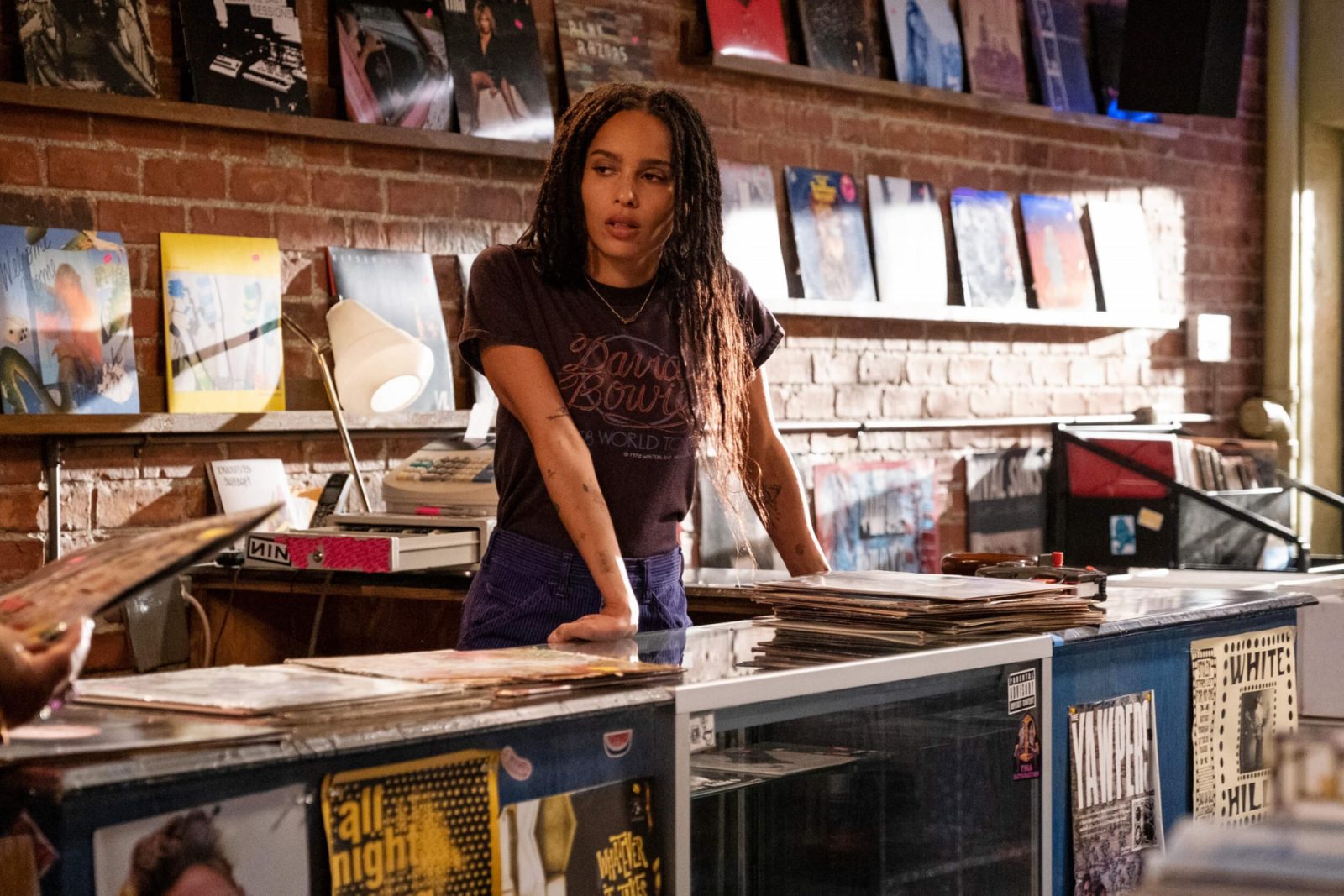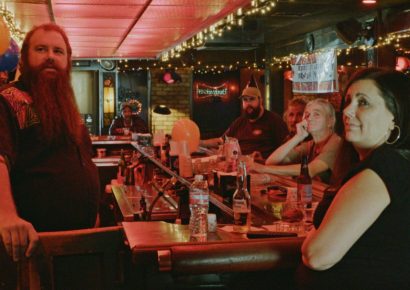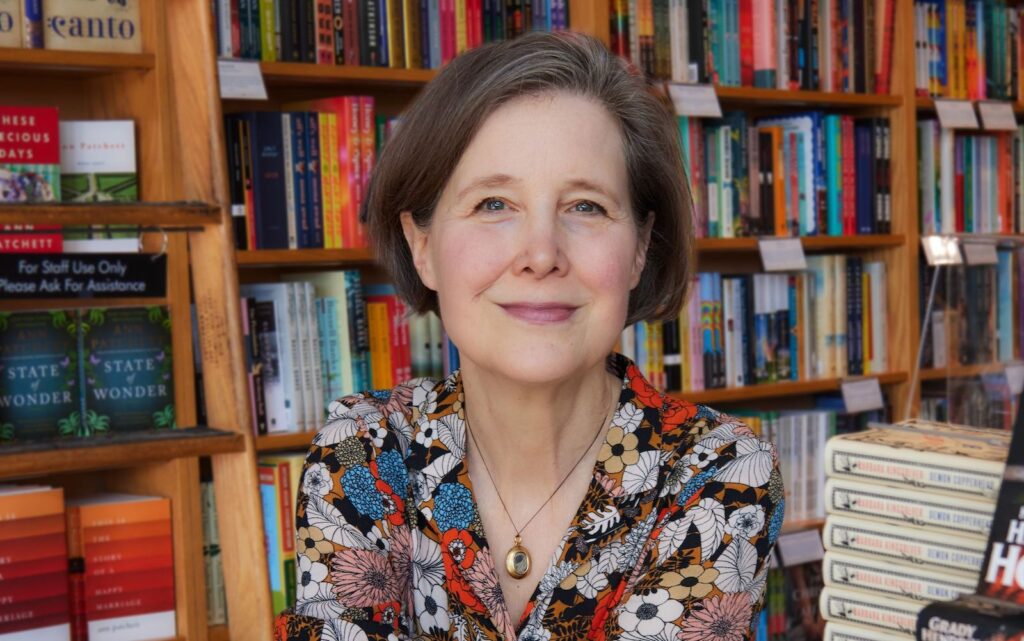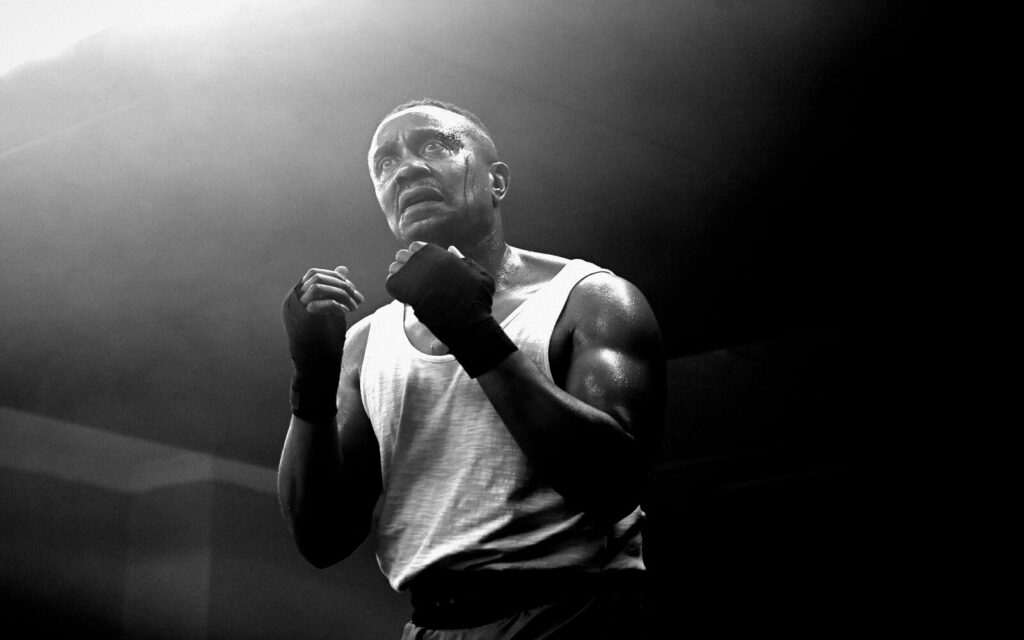Despite being cancelled after one season, the new High Fidelity series was the best version of the classic story yet.
Released on Valentine’s Day in the United States exclusively via Hulu before making its way to Australian screens via the ABC, the Zoë Kravitz-starring adaptation of Nick Hornby’s 1995 novel High Fidelity has been cancelled after just one season.
The adaptation earned less than favourable reviews upon its release, with The Guardian dubbing it “too cool for its own good” while Pitchfork questioned the logic of revisiting a story entrenched in “insufferable masculinity”.
But, the latter critique isn’t reason not to revisit this story. In fact, it’s exactly why we needed to take another crack at it.
Usually, I’d roll my eyes at the idea of a remake and wonder, ‘Is nothing sacred?’ – that was certainly my reaction to the John Cusack-starring film adaptation that proceeded Hornby’s novel in 2000 – but in this instance, an update was not only justified but deserved.
Not just retelling, but reframing this narrative was important because it created an opportunity to quash the tired tropes perpetuated by both the film and novel.
Firstly, it demonstrates that being passionate and knowledgeable about music aren’t traits exclusive to men and secondly, it portrays love in multiple forms rather than through the narrow lens of a straight, white, cisgender man.
Dating has changed significantly since Hornby’s novel first hit the shelves in the ’90s. The recent remake explores a fluid representation of sexual orientation, as well as new territory like Instagram-stalking your ex’s new love interest or accidentally seeing a suspicious-looking text on your partner’s lock screen and letting your imagination run wild with the worst possible scenarios.
As both a music devotee and a hopeless romantic, I devoured High Fidelity when a copy first fell into my hands, but despite Hornby’s beautifully articulated portrayal of those of us who “live life at too high a pitch”, I found it hard to connect to a novel so clearly rooted in misogyny.
As for the film, I watched it across two sittings because I was so exhausted by the entitled ‘nice guy’ that had replaced Hornby’s equally flawed, yet somewhat self-aware protagonist, Rob.
Rob is intended to be an asshole in every version of this tale, and while Kravitz’s iteration frequently calls herself out on her own shitty behaviour, Cusack points the finger at everyone else. At least the novel presented its main character with enough irony to redeem itself.
Cusack’s Rob is the personification of toxic masculinity. I mean, just look at that scene where he goads an ex into telling him that she was basically raped as an indirect result of his emotional abuse, which entirely skewed her view of sex for years, and his takeaway from the interaction is the reminder that he dumped her, not vice versa like he’d remembered. Therefore, he has no reason to waste another thought on her or that relationship ever again. Phew!
The film perpetuates the notion that if a man harasses a woman for long enough, she’ll eventually give in and settle for him despite the fact that he does not deserve a second chance and has done nothing in the way of addressing his behaviour or the issues that caused problems in the relationship to begin with.
The reboot warns that if you treat everyone around you like shit, you’ll end up day-drinking alone in a dive bar.
Its portrayal of love in a way that is realistic and inclusive aside, Hulu’s High Fidelity does a damn good job on the music front, too.
Lead by Executive Music Supervisor Questlove and a team including Manish Raval and Tom Wolfe (Donnie Darko, Green Book), Alison Rosenfeld (Good Girls, New Girl) and Zoë Kravitz, the soundtrack is a refreshing and affecting compilation of classics and deep cuts.
It even presents one of many Easter eggs in the form of a cameo from Debbie Harry, an ode to the film which featured a mirage-like visit from Bruce Springsteen, who gives Rob a pep-talk on love while dancing around her living room to ‘Once I Had A Love (The Disco Song)’.
https://www.instagram.com/p/CDh_CwMp0_d/
But it goes much deeper than a good soundtrack. The series is critical of the art it idolises, rather than putting it on a pedestal. It seeks to truly understand and debate music, raising questions like how many vocal overdubs can a record constitute and still be called a ‘live album’ and, most notably, should we still listen to music made by problematic artists?
“How does it benefit society to hold Quincy’s genius hostage just because the dude that sang over his shit ended up being a full-blown child molester?” questions Rob after Cherise (Da’Vine Joy Randolph) tells a customer she can’t buy a copy of Michael Jackson’s Off The Wall, sparking a conversation around the parameters of cancel culture.
“You still listen to a dude who raps in a MAGA hat,” she adds, before Simon (David H. Holmes) chimes in.
“What if the only artists we were allowed to listen to were inarguably nice people, right, with unassailably perfect ethics? We’d have to destroy every record in existence except for Bono, Phil Collins, Michael Stipe, Sufjan Stevens…”
Even Hornby, who was initially hesitant about the reboot, thought the series was triumphant in bringing his story into a new era.
“I couldn’t be more proud of the show,” he wrote in an open letter published by Rolling Stone. “And if I catch anyone saying it’s self-consciously “woke,” what with its gender reversals and its inclusion of more than one race/sexuality, I will come ’round to your house and put you back to sleep. Because, guess what: High Fidelity isn’t just about you. It’s about people who aren’t like you, too.”
But what was most exciting about the series was the potential for where it would lead us next. Towards the end of season one, High Fidelity drifted from the original storyline to suggest an alternative ending. It feels painfully ironic that a series built on the foundation of needing to know all the answers leaves us with so many questions left unresolved.
As High Fidelity taught us, breakups suck. And getting over this one is going to take some time.
Watch High Fidelity on ABC iview.
Never miss a story. Sign up to Beat’s newsletter and you’ll be served fresh music, arts, food and culture stories three times a week.







